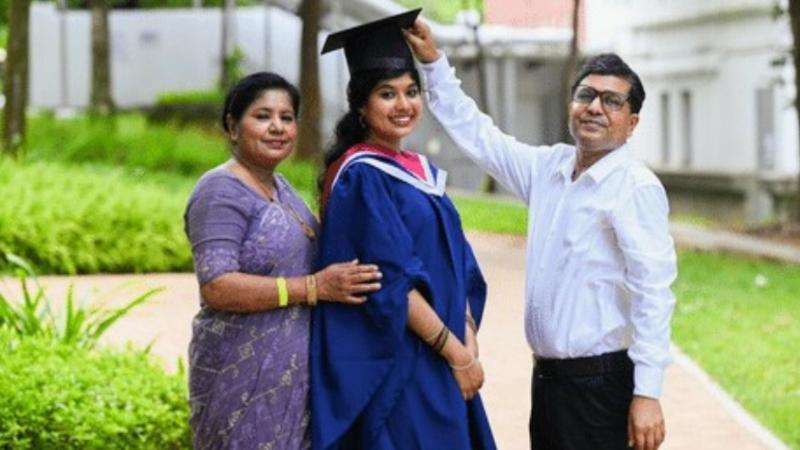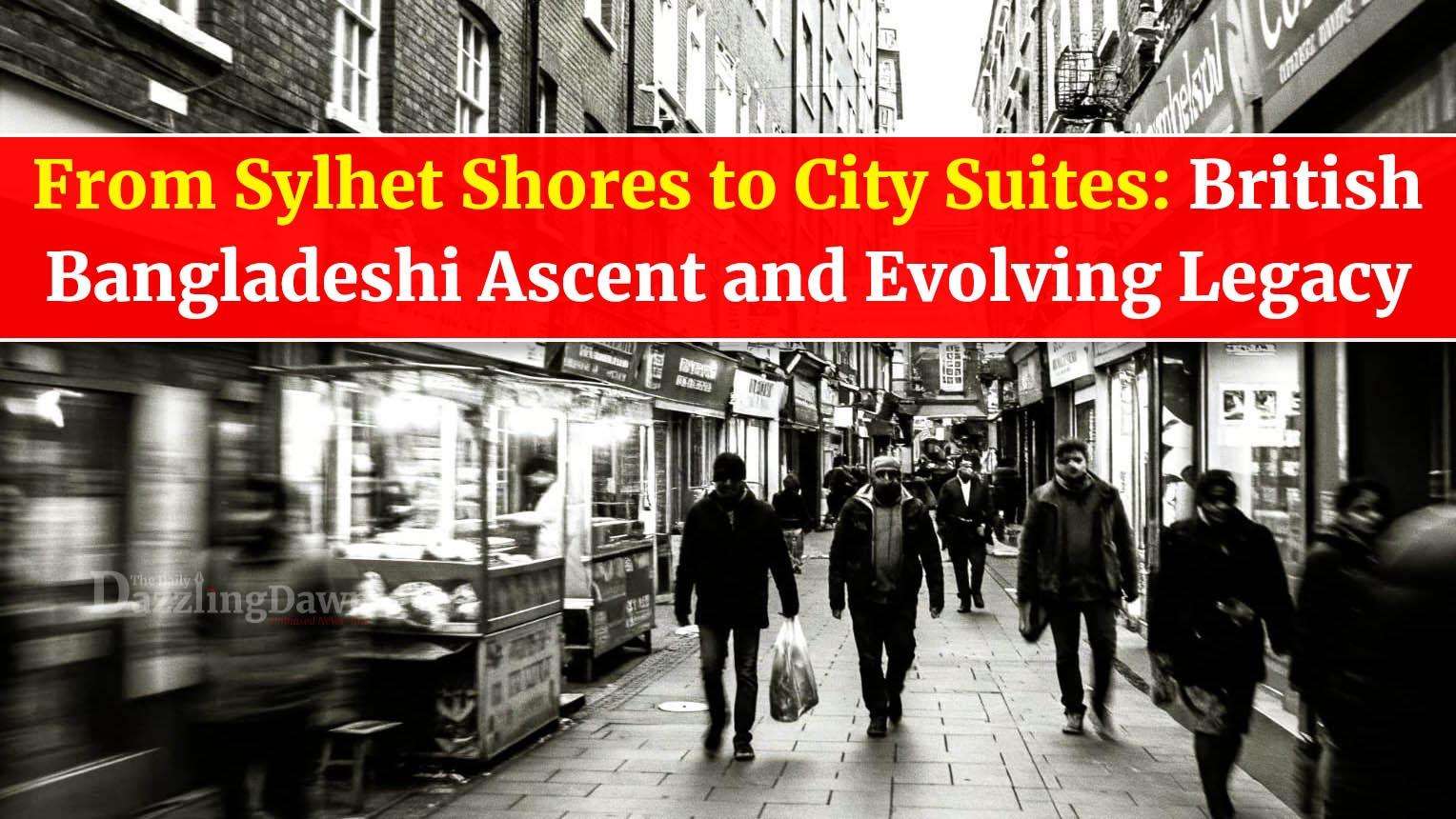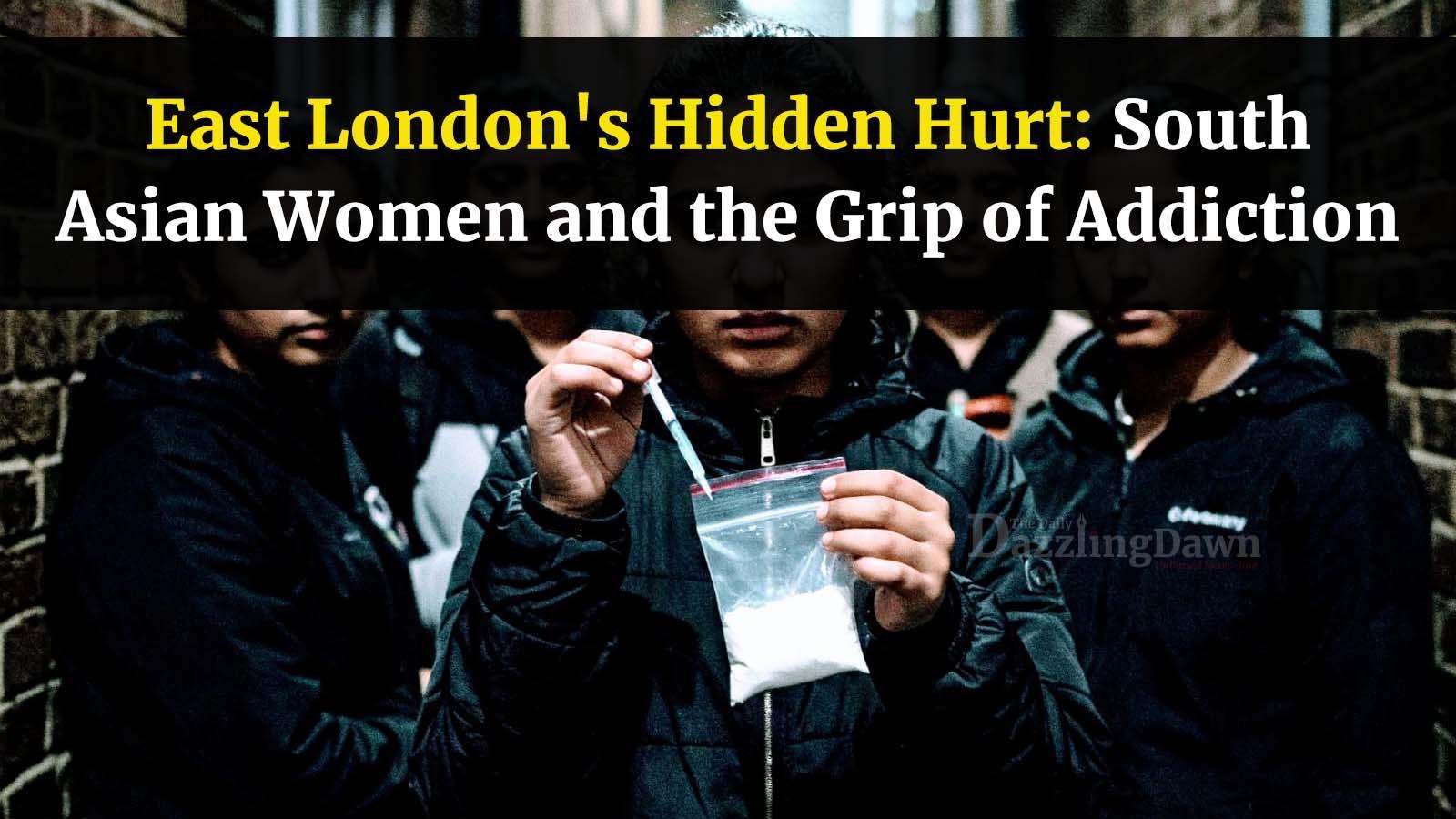The British Bangladeshi story is a compelling narrative of resilience, adaptation, and remarkable progress. From post-war pioneers arriving by ship to today's professionals shaping the UK's mainstream sectors, the community's journey is a testament to hard work and determination. However, as the new generation forges its own path, the traditional professions that defined their predecessors are gradually shifting, leaving behind a legacy of transformative change.
Echoes of the Sea: Early Foundations
The story begins in the aftermath of World War II, when economic hardship spurred many Bangladeshis, primarily from the Sylhet region, to seek opportunities in Britain. Arriving by ship, these pioneers filled labor shortages in the industrial heartlands of cities like Birmingham, Manchester, and Bradford. They were the backbone of Britain’s manufacturing boom, working tirelessly in often challenging conditions, laying the foundation for future generations.
From Factories to Flavors, Building a Community
As the industrial landscape evolved, so did the Bangladeshi workforce. Many transitioned into the burgeoning garment industry including Tower Hamlets, where their skilled tailoring and craftsmanship became highly valued. They established small workshops and factories, contributing significantly to the UK's fashion sector. Simultaneously, the restaurant industry blossomed, with Bangladeshi-owned curry houses becoming a staple of British cuisine. This sector became synonymous with the community, offering both employment and a cultural bridge, enriching British society.
The Halal Shift and Diversification
Adapting to Change The late 1980s saw a turning point. As alcohol became increasingly prevalent in restaurants, many Bangladeshis, seeking to maintain their halal livelihoods, explored alternative employment. This led to a surge in their presence in the hospitality sector, particularly in London's prestigious hotels. Thousands of men and women from Camden and East London became the unseen workforce behind the city's luxurious facade. However, with time, this sector too saw a decline in older Bangladeshi workers, with newer arrivals taking over these roles, indicating a generational shift.
The Rise of the Taxi and Delivery Sectors:
Meeting Modern Demands
Today, the most visible Bangladeshi presence is in the taxi and delivery sectors. Taxi cabbing has become a dominant profession, offering flexible hours and a steady income. Notably, women are also increasingly entering this field. The delivery sector has also provided a crucial lifeline for those without taxi licenses or full-time work permits, offering employment in the gig economy, reflecting the community’s ability to adapt to modern economic shifts.
A New Generation’s Ascent
Mainstream Integration and Professional Growth
While the traditional professions evolve, the new generation of British-born Bangladeshis is making significant strides in mainstream sectors. They are now found in growing numbers in fields like:
Law and Finance
Many have pursued higher education and are now practicing lawyers, accountants, and financial analysts, contributing to the UK’s professional landscape.
Medicine and Healthcare
Doctors, nurses, and healthcare professionals of Bangladeshi origin are contributing to the NHS and private healthcare sectors, playing vital roles in the health of the nation.
Technology and Engineering
The tech boom has seen a rise in Bangladeshi engineers, software developers, and IT specialists, driving innovation.
Politics and Public Service
Increased civic engagement has led to more Bangladeshis entering local and national politics, influencing policy decisions and shaping the future of the UK.
Entrepreneurship
The spirit of enterprise remains strong, with many launching successful businesses in various sectors, adding to the UK’s economic vitality.
Health and Care Sector
Though precise numbers are elusive, the Health and Care Worker visa has facilitated increased Bangladeshi participation. Recent policy changes, however, have introduced stricter regulations regarding dependents and salary thresholds, impacting future immigration pattern.
Statistics and Impact: Measuring Progress
Although precise, up-to-date figures on the exact breakdown of Bangladeshi employment across all UK sectors are challenging to obtain, several trends are clear:
* The Office for National Statistics (ONS) data indicates a significant increase in the number of British Bangladeshis pursuing higher education, leading to greater representation in professional occupations. Data from Transport for London (TfL) shows a substantial number of taxi and private hire drivers are of Bangladeshi origin.
Delivery service company data shows a large percentage of their drivers are from the south asian community, and a large portion of those are Bangladeshi.Anecdotal evidence and community reports highlight the growing presence of Bangladeshi professionals in fields like law, medicine, and technology.
Reflections and Future Outlook: A Legacy of Evolution
As Mr Mohammad Lukman Uddin, a veteran of the community, told Daily Dazzling Dawn, "Bangladeshis have always been hardworking and active." The new generation is building on this legacy, moving beyond traditional roles and contributing to the UK's policy level. This evolution signifies a remarkable journey of adaptation and progress, demonstrating the community's integral role in British society. The shifting professional landscape is not a sign of decline but a testament to the community's ability to evolve and thrive in a changing world, ensuring its continued contribution to the UK's rich and diverse society.
_1.jpg)







.svg)


